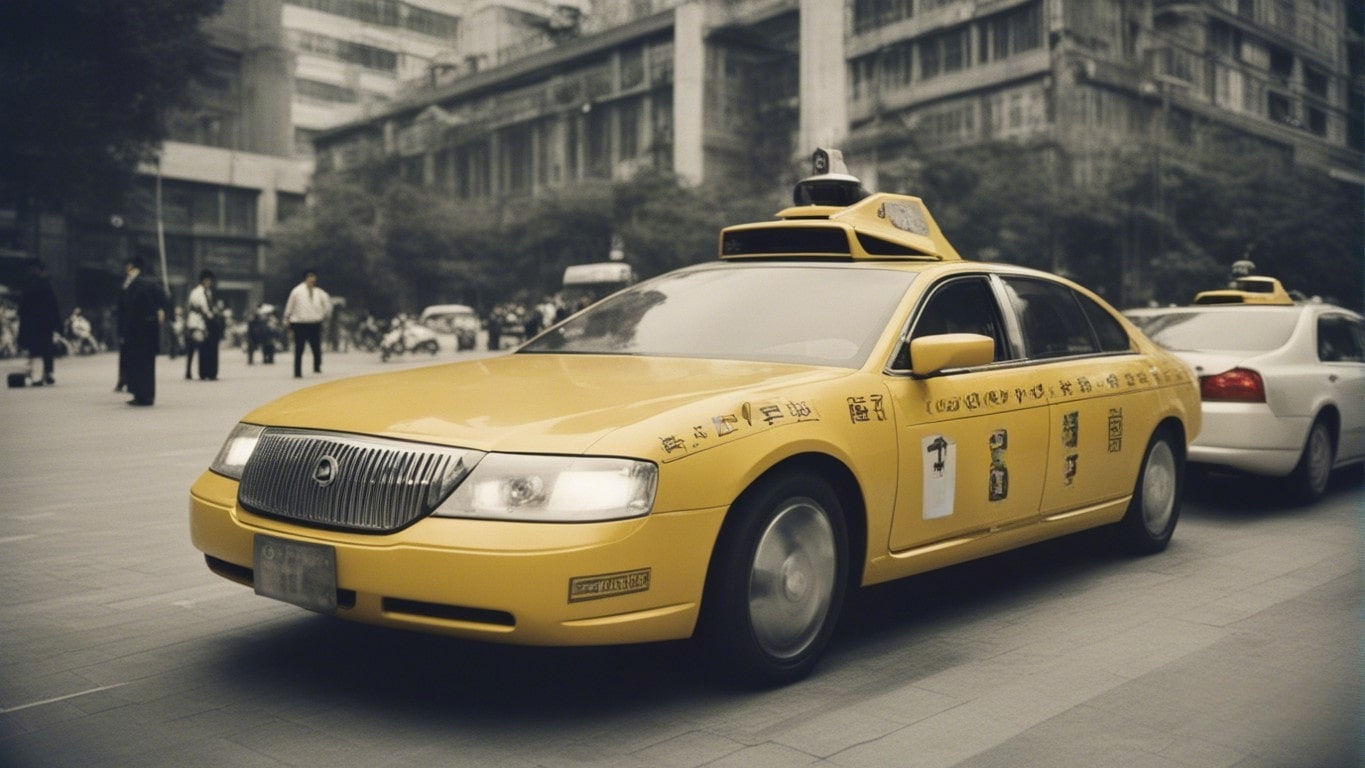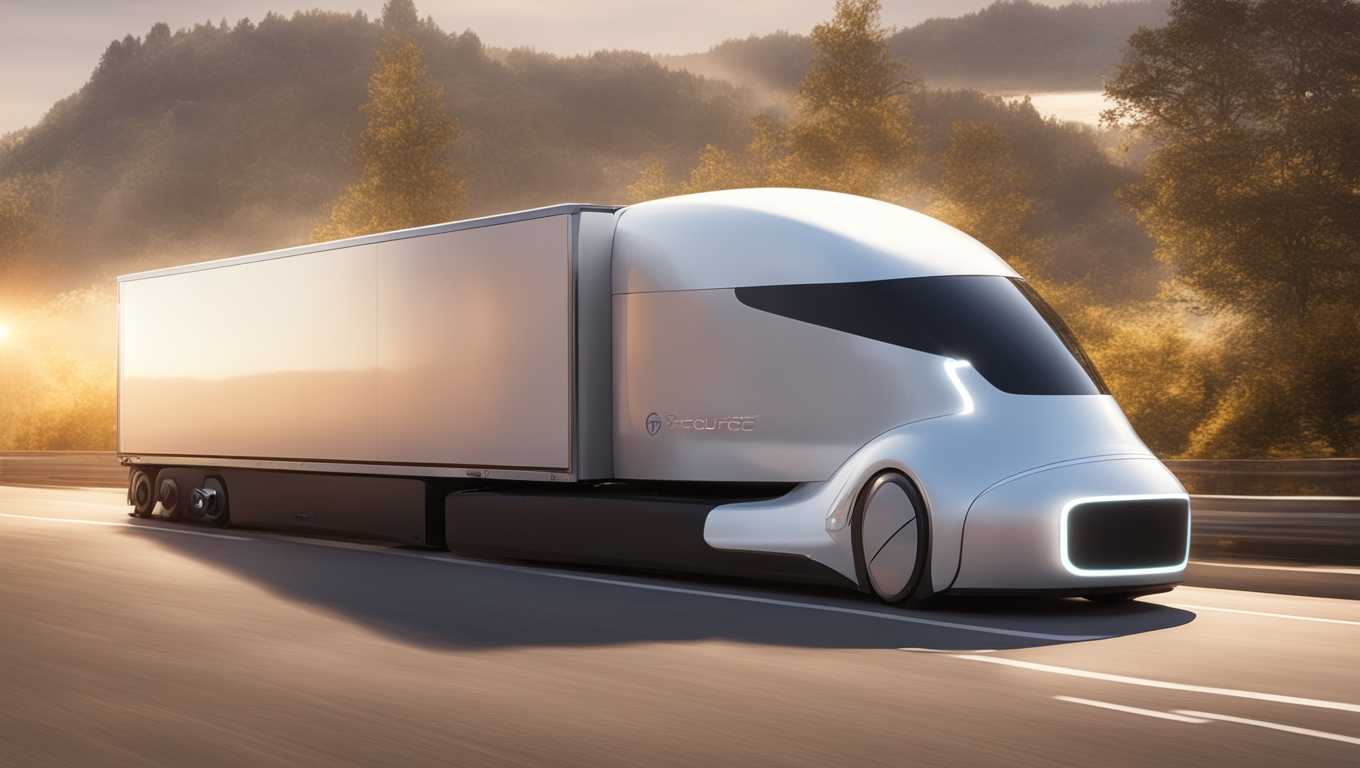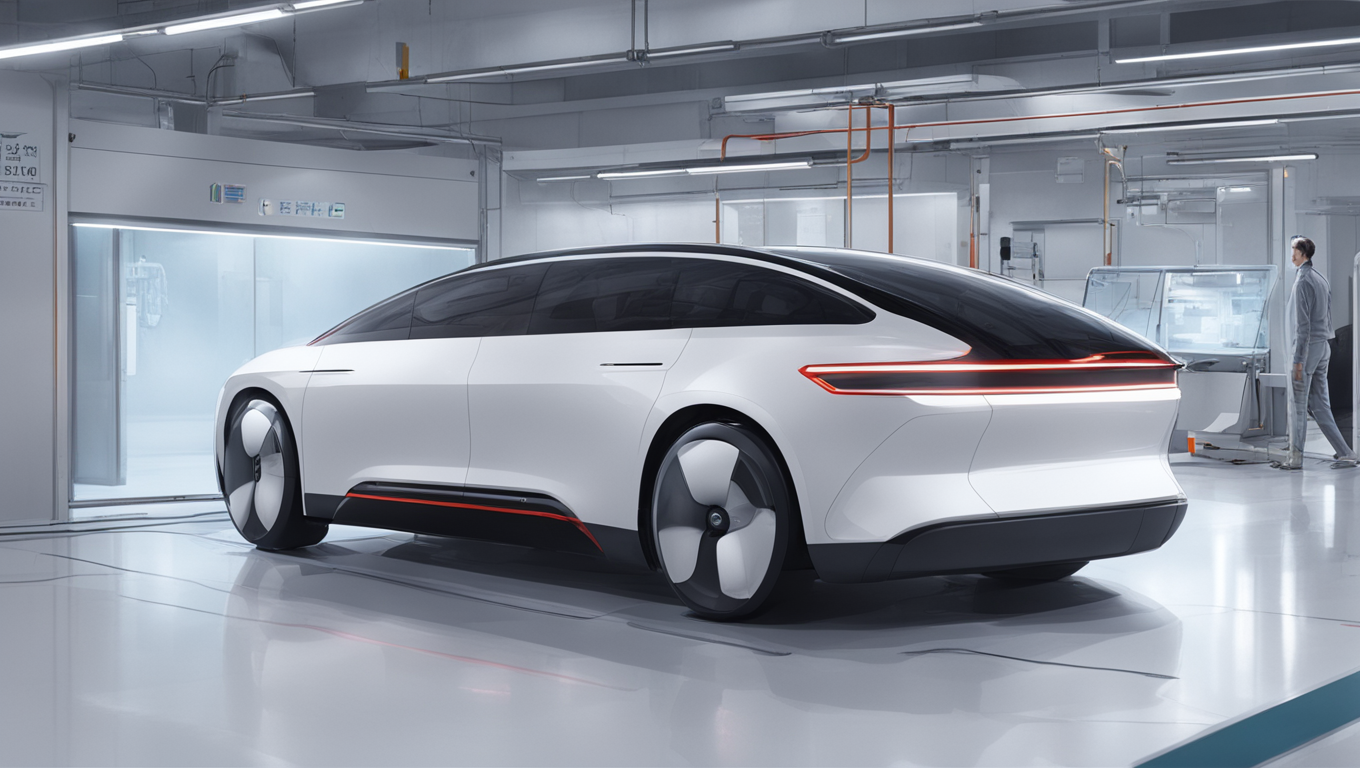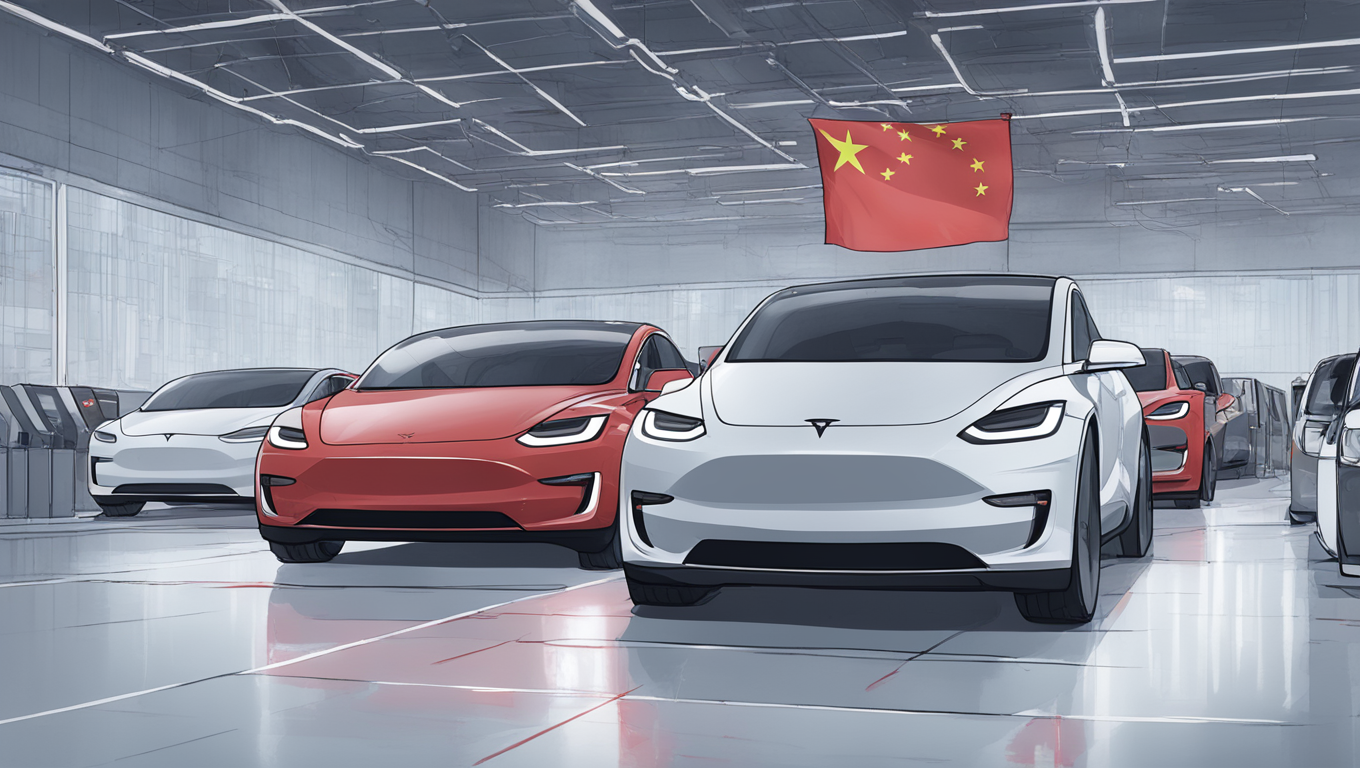China’s capital city, Beijing, is taking bold steps towards embracing the future of transportation by allowing the public to experience fully driverless robotaxis. This move comes as part of the city’s plans for a larger rollout, according to Pony.ai, a startup that specializes in autonomous vehicles.
In a recent conversation with Beijing’s mayor, Pony.ai CEO, Zhang Xiaohu, learned about the city’s ambitious plan to expand robotaxi testing areas. Zhang revealed, “By the end of the year, the city aims to expand robotaxi testing areas to Daxing International Airport and around one train station.” This is an exciting development that showcases Beijing’s commitment to embracing advanced technologies like connected cars and artificial intelligence.
The city’s forward-thinking approach was further reinforced when Beijing Mayor Yin Yong met with representatives from Pony.ai, Alibaba, and Xiaomi in July. The purpose of these meetings was to encourage their work in the field of autonomous vehicles and advanced tech. This demonstration of government support provides a strong foundation for further advancements in the industry.
Beijing has been gradually increasing the testing area for robotaxis over the past few years. In fact, less than two years ago, in November 2021, the city allowed robotaxi operators to start collecting fares for public-facing rides. This marked an important milestone in moving towards full automation, as it eliminated the need for a human driver and reduced costs for passengers.
Currently, Pony.ai operates over 200 robotaxis in the Beijing region, with only about ten of them being fully driverless. However, Zhang anticipates that this number will significantly increase in the near future. He explained, “Beijing city considers seven factors in a phased process of allowing public robotaxi operation, including which seat the safety driver is sitting in and whether the car is being used for testing or commercial operation.”
Looking ahead, Pony.ai plans to have fully driverless robotaxis operating around Daxing International Airport by next year. This demonstrates the company’s confidence in the technology and their dedication to making autonomous transportation a reality.
It’s worth noting that Baidu, another major player in the autonomous vehicle industry, also operates fully driverless robotaxis in conjunction with Pony.ai in the Yizhuang district. However, the exact number of robotaxis they have in operation has not been disclosed.
The city of Beijing’s commitment to embracing advanced technologies and its collaboration with companies like Pony.ai and Baidu demonstrate China’s ambition to become a global leader in autonomous transportation. As we see more fully driverless robotaxis on the streets of Beijing, it is clear that we are witnessing a significant milestone in the evolution of transportation.





Use the share button below if you liked it.